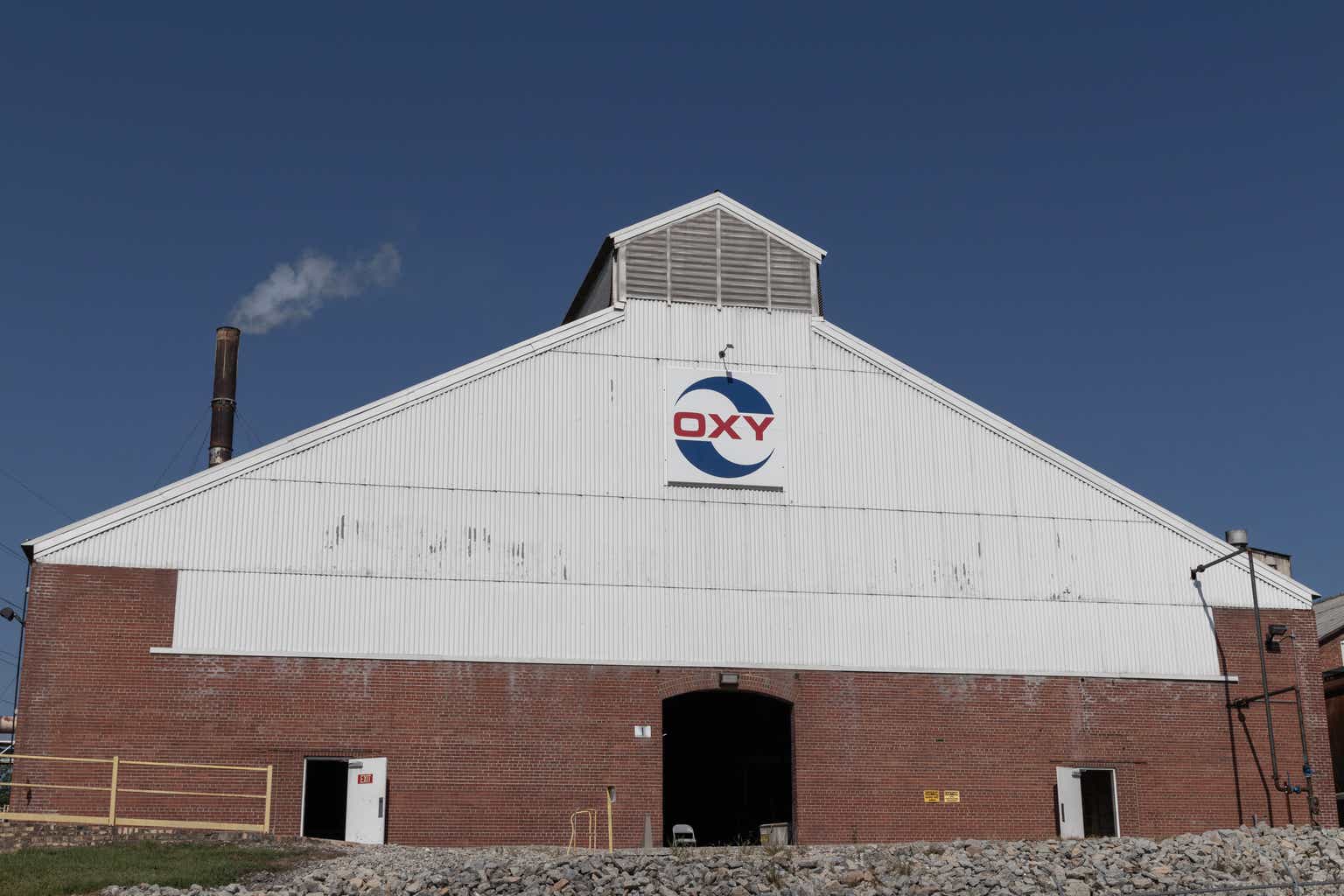Here’s what older motorists need to know about the upcoming changes to stay on the road as a series of new proposals could bring more assessments, higher costs and stricter rules
Right now, anyone who turns 70 must renew their driving licence every three years, but that could soon change.
A series of new proposals could bring more assessments, higher costs, and stricter rules for older motorists. For older drivers, staying on the road is about more than just renewing your licence. Health issues, from eyesight to mobility, can affect your ability to drive safely, BirminghamLive reports.
With public transport and taxis not always being a convenient alternative, many older drivers still rely on their cars for independence. But with new changes in the pipeline, it’s important to know what’s coming. Age UK, which advocates for older people, says that being aware of these changes is key to making informed decisions about whether to keep driving. So, if you’re turning 70 next year, here’s what you need to know.
Driving test assessments
There’s growing pressure to introduce more regular driving assessments for older motorists to make sure they’re still safe on the road. While older drivers tend to avoid speed-related accidents, they’re 38% more likely to be involved in crashes due to poor observation. The Older Drivers Forum has been pushing for regular reviews to help prevent these types of accidents.
Sgt Owen Messenger from Devon and Cornwall Police has said: “They want to keep their driving licence for as long as possible because public transport isn’t at times as good as it could be. We want to keep them safe and driving longer but making sure they are safe on the roads. For us, it’s about making sure that they are still fit to drive.”
Car tax changes
If you’re an older driver, there’s bad news on the horizon. From April 2025, Vehicle Excise Duty (VED) for petrol and diesel cars is set to rise sharply, with some drivers facing an increase of up to £2,745. These are the first-year fees for new cars, and they’ll hit the hardest for those driving higher-emission vehicles.
With rising tax rates, many drivers could face an extra £418 on their bill, making it harder to afford car ownership. If you’re already feeling the pinch, these increases could make it even tougher to keep your car on the road.
Eyesight and cognitive testing
Eyesight and mental sharpness can begin to deteriorate at an older age, which is why there’s been increased talk of mandatory eyesight and cognitive tests for older drivers. A road safety expert recently revealed that around 10% of drivers over 70 suffer from poor vision, with the situation worsening as they age.
A growing number of people – 65% of Brits, according to YouGov – are backing the idea of regular re-tests for drivers aged 70 and over. A Fatal Accident Inquiry into the death of a three-year-old toddler in Edinburgh involving a cognitively impaired driver, has seen the courts recommend cognitive assessments before licence renewal to ensure safety on the roads.
Fit to drive test
Rob Heard, a road safety consultant and the founder of the Older Drivers Forum told The Times: “Certainly when we get to the age of 70, rather than just ticking the box that we’re fit and healthy to drive, thinking about it and maybe going out and getting an assessment. At the age of 70, I think we should be looking at having one with every renewal.”
He worked with the police to form the Police Fitness to Drive Assessment as he identified that the course offered for the offence of careless driving – which can be taken instead of facing prosecution – might not be fit for purpose, especially for older drivers and those with an adapted vehicle.
Mr Heard’s fit-to-drive test is now offered as an alternative to facing prosecution.
Insurance
Older drivers are also facing rising insurance premiums. A petition led by Sarah Kelly argues that many drivers over 80 are being unfairly refused affordable insurance, with 85% of them not being given alternatives when turned down. Many elderly drivers end up paying much more for insurance than younger ones, putting additional strain on their finances.
If you’re turning 70 soon, now’s the time to take action. With changes on the way, it’s crucial to understand how these new rules will affect you.















